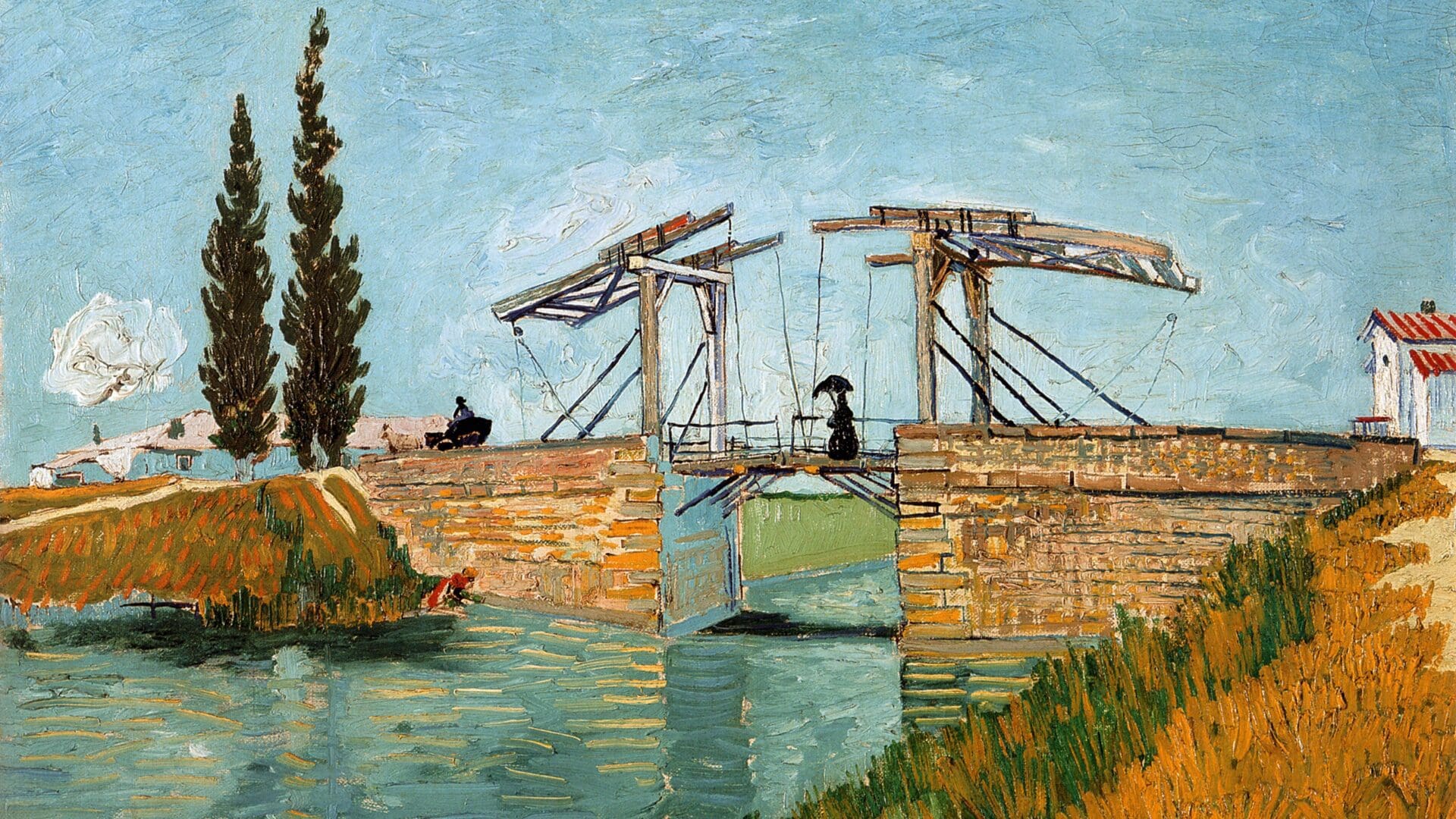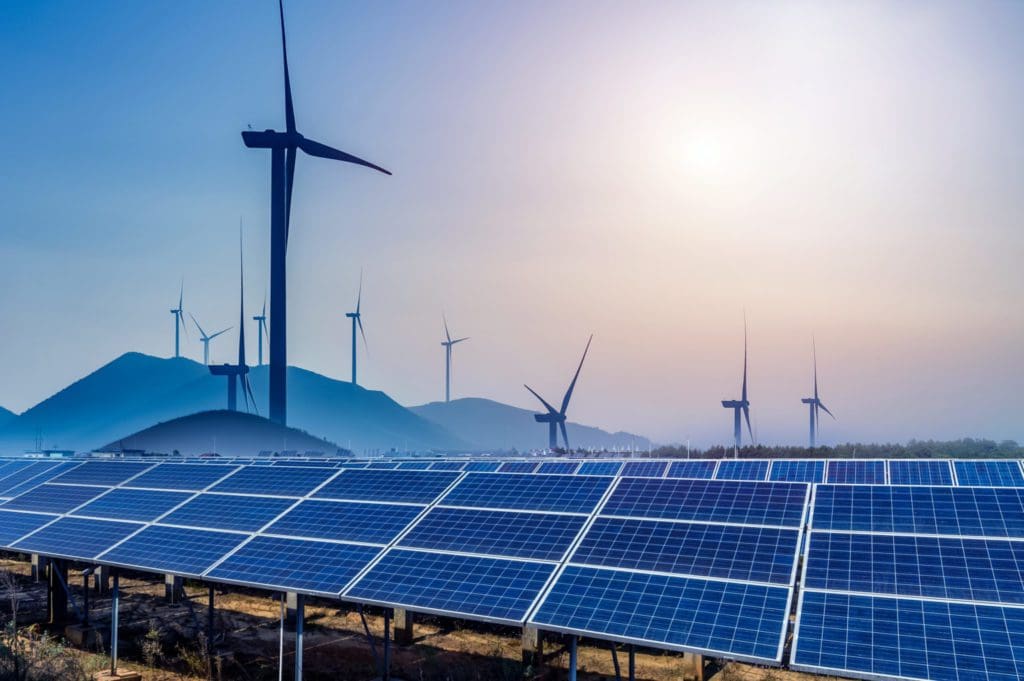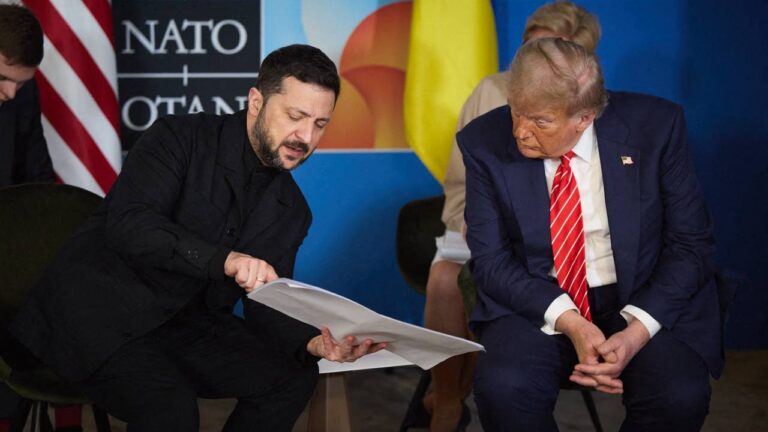The Central European nation of Hungary conjures mixed opinions in American politics. Many in America tend to lose this small country in an overgeneralised view that casts European politics as either monolithic or polarised along American lines. As an American, I’ll be the first to admit that I did not know much about Hungary when I arrived. What I had heard of Hungarian politics was conflicting.
American conservatives quietly (though increasingly) laud Budapest for its stance on the European migrant crisis, as well as for standing up to globalism, and efforts at preserving traditional values. Liberals and much of the media, on the other hand, blast the Orbán government over its ‘illiberal’ tendencies. Closeness to Russia, LGBT education laws, and obstinacy within the European Union have been among the most prominent matters criticised.
The most recent event hammering this divide home is Hungary’s response to the War in Ukraine. Most Americans, and indeed most American conservatives, are in favour of continued support for Ukraine by the West for ideological and pragmatic reasons.[1] I am no exception, and Hungary’s hesitancy to commit some support, including blocking several measures of aid and sanctions against Russia, conflicts sharply with my own position. For a time, I just couldn’t understand the divide.
What did Hungary have against Ukraine?
One of the more intriguing factors contributing to Budapest’s position is wrapped up in the Hungarian diaspora, which involves minority rights issues and a treaty nearly a century old. At the dawn of the twentieth century, the borders of Hungary were much more expansive than the borders of the current state, as they had been to varying degrees for nearly a thousand years. However, World War I and the dissolution of the Austro-Hungarian Empire would significantly change the map of Eastern Europe.
Under the auspices of the victorious Allies at Versailles, the intent of the Trianon Treaty was to redraw the map of former Austria-Hungary into new states along lines of national self-determination, as Hungary was previously a multi-ethnic state. The new state of Hungary lost two-thirds of both its land and inhabitants, along with nearly all of its natural resources. Large swaths of Hungarian-majority areas were amputated with few plebiscites and little input from Hungarians.
The next century would bear out these border changes with only brief reversals in the lead-up to and during World War II through an alliance with Hitler, though these gains would be undone by the advancing Red Army and eventual Allied victory.[2] Since then,
the treatment of ethnic Hungarians outside of Hungary has played a significant role in Hungarian foreign policy towards its neighbours.
One of these Hungarian majority regions beyond Hungary’s borders is Transcarpathia in Ukraine, which plays heavily into the two nation’s currently icy relations.
However, things weren’t always this way between Kyiv and Budapest. When Ukraine became an independent nation after the dissolution of the Soviet Union, Hungary was the first nation to establish formal diplomatic relations, with its embassy being the first in newly independent Kyiv on 3 December 1991. This may have been influenced by a joint declaration guaranteeing the rights of national minorities signed in the last days of Ukraine as still a Soviet Socialist Republic, promising to take steps ‘aimed at creating favorable conditions for the preservation and enhancement of their ethnic, cultural, linguistic, and religious identity.'[3] Also, in a sign of respect for Hungarian minorities, Ukraine has tended to condone the issuance of Hungarian citizenship and passports to Hungarians within the country even though Article 4 of the Ukrainian Constitution prohibits dual citizenship.[4]
In spite of the auspicious start, new policies would challenge these high ideals. In 2014, amid Russian separatist action in Eastern Ukraine, questions regarding national minorities in Ukraine came to the fore through proposed constitutional amendments. One proposed amendment involved empowering local administrative units to ‘provide a special status of the Russian language and other languages of national minorities,'[5] including Hungarian. Though appearing beneficial, it drew criticism from the European Union’s Venice Commission for infringing on citizens ability to ‘address the authorities either in Ukrainian or in Russian and to use other languages at the regional and local levels irrespective of the support of more than 50 per cent of the local government council.'[6] Throughout the proposal’s deliberation,
Hungary under PM Orbán called on Ukraine to grant more autonomy to ethnic Hungarians.[7]
Relations worsened even more drastically in 2017, with Ukraine’s passage of a new law ‘On Education’. Among other constraints, the law aimed to ban schools ‘from teaching in minority languages beyond primary school level’, once again, including Hungarian.[8] Amid backlash from several of its neighbours, Ukraine submitted the law for review to the Venice Commission and eventually incorporated some of the demands made by Hungary. However, the largest concession was to extend the transition period through 2023.[8] Though certainly welcomed, this concession failed to address the underlying issue.
Further contention arose around the 2019 Language Law, specifically with its crackdown on TV, radio, and other media not published in Ukrainian.[9] Nonetheless, Ukraine’s war with Russia and eagerness to join the EU and NATO has helped facilitate reform in favour of minorities. In 2023, Ukraine put forward a new Law on National Minorities in line with previous Venice Commission recommendations surrounding the previous Language Law. Though the Commission welcomed the law as an important marker in bringing Ukraine closer to international norms, it still made several recommendations to strengthen the law’s protection of minority languages and to address deficiencies cited in previous laws.[10]
Clearly Ukraine still has work to do in bringing its minority rights laws up to EU standards;
something that Hungary’s Orbán administration is always quick to remind them of. Nonetheless, while Hungary’s hesitancy to support Ukraine to the same degree as most of Europe has frustrated relations and minority rights improvements, greater support and more open dialogue would benefit both countries. Hungary has held up every sanction against Russia despite its vocal opposition to them, but it has also blocked military aid to Ukraine and refused to allow weapons to transit to Ukraine through its shared borders.[11]
Minority rights are not the only issue at play, however. Hungary is dependent on Russian energy supplies and also wishes to protect ethnic Hungarians within Ukraine from Russian reprisal, meaning it has ‘skin in the game’ in the ongoing war. At the same time, Hungary has predicated further support on Ukraine’s removal of OTP Bank, a Hungarian company, from a list of sponsors of Russian aggression.[12]
There is room for improvement on both sides, but
it is in Ukraine’s interest to meet Hungarian demands as much as practical as the war drags on.
Poor relations with Hungary would certainly complicate future aid measures for Ukraine, to say nothing of potential EU candidacy. As the EU and Western backers are already pressuring Ukraine to improve minority laws, a change in this policy would be a logical first step to courting Hungarian support. After all, Hungary’s history, more than most others’, lends credence for supporting its neighbour in repelling Russian aggression. In 1956, Russian tanks rolled through the streets of Budapest to crush Hungary’s aspirations of freedom. In 2022, Russian tanks rolled towards Kyiv with a similar purpose. Why shouldn’t these brothers in aims be brothers in arms?
[1] Marc Thiessen, ‘The anti-Ukraine right is failing to convince GOP voters,’ The Washington Post (27 July 2023), https://www.washingtonpost.com/opinions/2023/07/27/republicans-support-ukraine-war/, accessed 10 Aug. 2023.
[2] Beata Kovacs Nas et. al., ‘Ethnic minorities have a place in Ukraine,’ The Washington Post (4 Jan. 2023), https://www.washingtonpost.com/opinions/2023/01/04/ethnic-hungarians-have-place-ukraine/, accessed 10 August.
[3] Declaration on the Principles of Cooperation Between the Republic of Hungary and the Ukrainian Soviet Socialist Republic in Guaranteeing the Rights of National Minorities, 31 May 1991, http://www.forost.ungarisches-institut.de/pdf/19910531-1.pdf, accessed 11 Aug. 2023.
[4] Constitution of Ukraine, last amended 7 February 2019, https://www.refworld.org/pdfid/44a280124.pdf, accessed 10 Aug. 2023.
[5] ‘Opinion on the Draft Law Amending the Constitution of Ukraine’, Venice Commission, 27 October 2014, https://www.venice.coe.int/webforms/documents/default.aspx?pdffile=CDL-AD(2014)037-e, accessed 11 August.
[6] Ibid.
[7] Andrew Gardner, ‘Orbán to Ukraine: give Hungarians autonomy,’ Politico (15 May 2014), https://www.politico.eu/article/orban-to-ukraine-give-hungarians-autonomy/, accessed 12 Aug. 2023.
[8] Alessandra Prentice, ‘Criticism of Ukraine’s language law justified: rights body,’ Reuters, 8 December 2017, https://www.reuters.com/article/us-ukraine-language/criticism-of-ukraines-language-law-justified-rights-body-idUSKBN1E227K, accessed 12 Aug. 2023.
[9] UNIAN, ‘Ukraine agrees to concessions to Hungary in language row,’ Unian (14 Feb. 2018), https://www.unian.info/politics/2395156-ukraine-agrees-to-concessions-to-hungary-in-language-row.html, accessed 11 Aug. 2023.
[10] Josh Cohen, ‘Ukraine’s Language Bill Misses the Point,’ The Atlantic Council (6 Nov. 2018), https://www.atlanticcouncil.org/blogs/ukrainealert/ukraine-s-language-law-misses-the-point/, accessed 10 Aug. 2023.
[11] ‘Opinion on the Law on National Minorities (Communities),’ Venice Commission, 12 June 2023, https://www.venice.coe.int/webforms/documents/default.aspx?pdffile=CDL-AD(2023)021-e, accessed 11 Aug. 2023.
[12] Lili Bayer, ‘Hungary refuses to allow weapons transit to Ukraine,’ Politico (28 February 2022), https://www.politico.eu/article/hungary-foreign-minister-peter-szijjarto-weapon-transit-ukraine/; and Barbara Moens et. al., ‘New sanctions against Russia stuck in limbo over Greek-Hungarian protest,’ Politico (26 May 2023), https://www.politico.eu/article/new-sanctions-against-russia-stuck-limbo-greece-hungary-protest-ukraine-war/, accessed 11 Aug. 2023.
[13] Justin Spike, ‘Hungary blocks military aid to Ukraine over listing of Hungarian bank,’ Associated Press (17 May 2023), https://apnews.com/article/hungary-blocks-military-aid-ukraine-0f9108a3ca67440342feac3c03170507, accessed 10 Aug. 2023.
The views expressed by our guest authors are theirs and do not necessarily represent the views of Hungarian Conservative.








